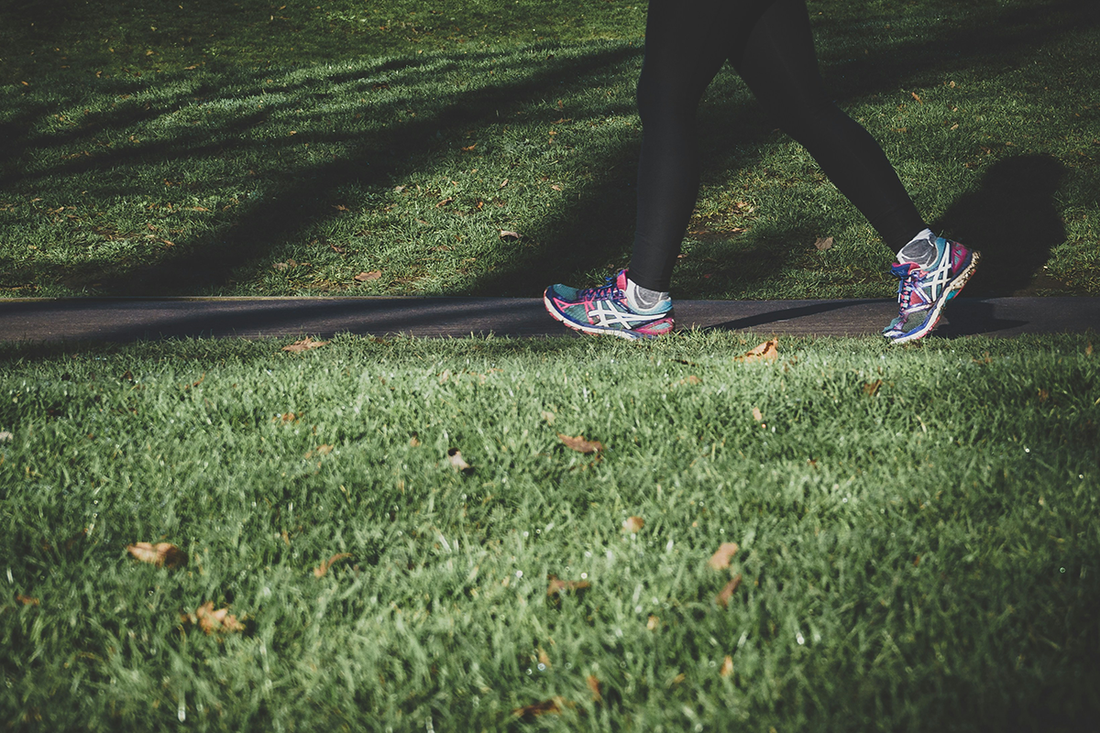
Steps, the magic weapon
When someone has a goal to lose weight, it is important to monitor nutrition, but also daily activity. People are motivated when they just start and almost everyone can do walking.
Telling someone to go for a walk more doesn't really work. That is why it is important that someone has to achieve a certain number of steps per day. This way you can work towards something and as soon as you achieve it, your motivation gets an extra boost.
“But losing weight is only calories in versus calories out, right?”
Before we dive into the 'science' of steps, I first want to dispel some misconceptions:
- Steps are not magic and will not suddenly lead to 2 kg of fat loss.
- You shouldn't take steps to burn as many calories as possible. The same applies to sports in general.
- A calorie deficit always applies, even if you achieve your daily steps.
- For one person, a step goal may be easier to achieve than for someone else.
- There is no general number that applies to everyone. Everyone is unique, so the approach for that person should be the same.
Losing weight is not just about a calorie deficit
Yes, if you want to lose weight you have to be in a calorie deficit, but there are many factors that make this deficit easier/more difficult to achieve. We're not going to go too deep into this.
If someone needs to eat about 2,500 calories to maintain their weight and we reduce this to 2,000, that person will lose weight. That's just how the body works. But the body is much smarter than one might think.
Gradually, losing weight will become more and more difficult, until the point that you no longer lose weight. How does this happen? Is the calorie deficit no longer working?
Metabolic adaptation
This is what is called metabolic adaptation. The body is attacked by a calorie deficit, forcing it to defend itself. This is done by adjusting a number of processes in the body, such as:
- NEAT (Non-Exercise Activity Thermogenesis) is reduced. Things like walking while on the phone, shaking the foot, tapping the table with the finger... Unconscious actions that burn a lot of calories.
This will be more pronounced for one person than for another. The body will ensure that fewer calories are needed to perform daily tasks/actions.
Steps, the magic weapon
Steps are an excellent tool to artificially keep this NEAT high, which still burns enough calories and makes it easier to stay in a calorie deficit.
By setting a step goal, you are forced to move and therefore keep your activity high. Over time, this number must be readjusted to counteract the body's metabolic adaptation.
Losing weight is not just about a calorie deficit. Make sure your activity stays high throughout the day and doesn't gradually drop off, making it harder for you to lose weight or eventually reaching a plateau.
What about our health?
The link between the number of steps per day and the risk of dying from any cause has been investigated. The study concluded that for every 1,000 steps a person takes per day, there was a 12% reduction in this risk.
Even a small increase in the number of steps was associated with a reduction in this risk. A small effort for a big effect.
Conclusion
STEP!



